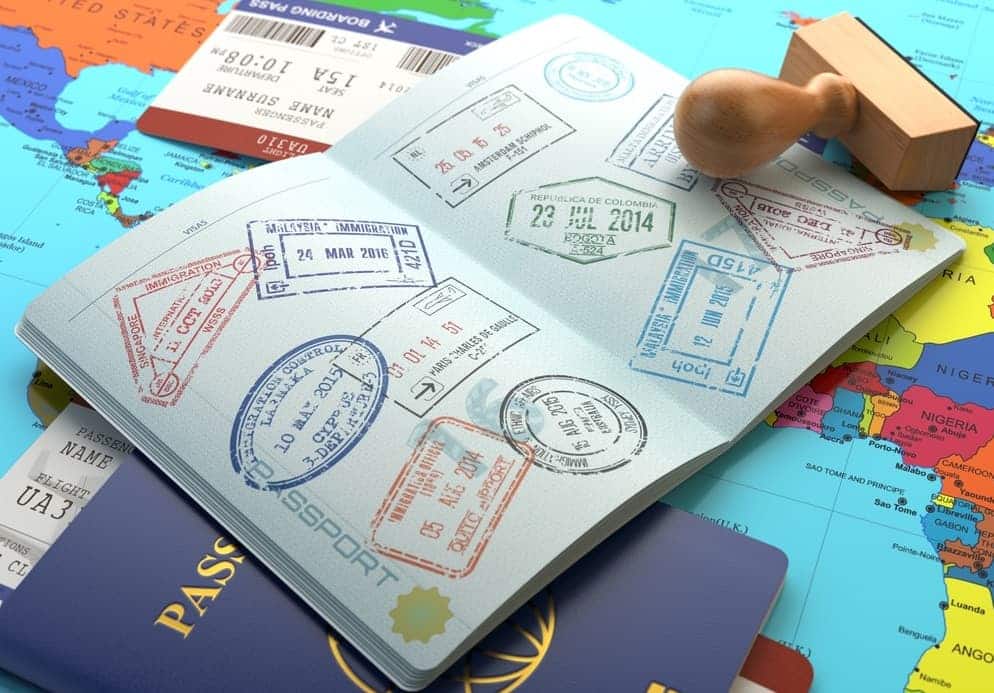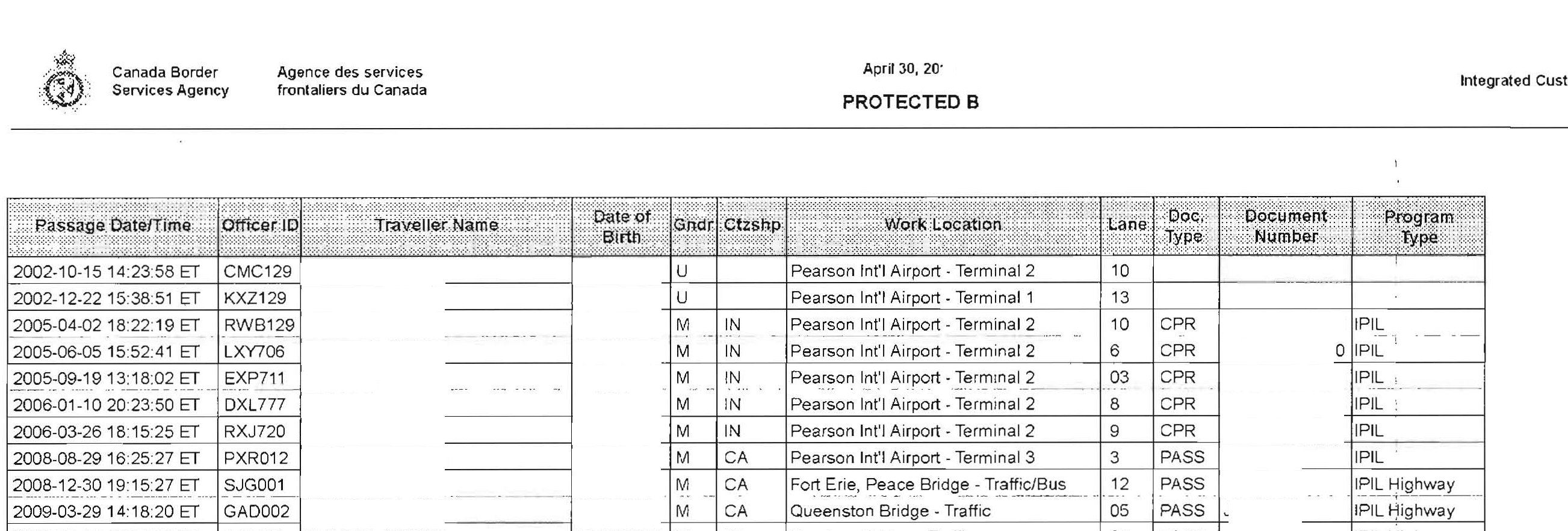Travel History: A Journey Through Time
Share

Travel history is a fascinating subject that encompasses the evolution of human movement across the globe. From ancient trade routes to modern-day tourism, the way people travel has changed dramatically over the centuries. This article will take you through the significant milestones in travel history, highlighting local attractions, cuisine, accommodations, and unique experiences that have shaped the way we explore the world today.
The Dawn of Travel

Travel can be traced back to ancient civilizations, where people moved for trade, exploration, and conquest. The Silk Road, established during the Han Dynasty, was one of the earliest and most significant trade routes, connecting the East and West. This route not only facilitated the exchange of goods like silk and spices but also allowed for cultural exchanges that enriched societies.
Local Attractions
- Silk Road Cities: Cities like Samarkand and Bukhara in Uzbekistan are rich in history and architecture, showcasing the influence of various cultures that passed through.
- Cuisine: Sample traditional dishes such as plov (rice pilaf) and shashlik (grilled meat skewers) that reflect the diverse influences along the Silk Road.
Accommodations
Stay in charming guesthouses or historical hotels that offer a glimpse into the past while providing modern comforts.
The Age of Exploration

The Age of Exploration in the 15th and 16th centuries marked a significant shift in travel. Explorers like Christopher Columbus and Vasco da Gama set sail to discover new lands, leading to the establishment of trade routes and colonies. This era opened up the world, making it more interconnected than ever before.
Local Attractions
- Historical Landmarks: Visit the monuments and museums dedicated to explorers in cities like Lisbon and Seville.
- Cuisine: Enjoy dishes that reflect the fusion of cultures, such as paella in Spain or feijoada in Portugal.
Accommodations
Opt for boutique hotels that celebrate the maritime history of these regions, often located near the waterfront.
The Industrial Revolution and Modern Travel

The Industrial Revolution in the 18th and 19th centuries brought about significant advancements in transportation. The invention of the steam engine led to the rise of railways and steamships, making travel faster and more accessible. This period also saw the birth of organized tourism, with Thomas Cook pioneering package tours.
Local Attractions
- Railway Museums: Explore the history of rail travel at museums like the National Railway Museum in York, England.
- Cuisine: Experience traditional British fare such as fish and chips or a hearty Sunday roast.
Accommodations
Stay in historic railway hotels that offer a unique blend of nostalgia and luxury.
The Rise of Air Travel

The 20th century saw the advent of commercial air travel, revolutionizing the way people moved around the globe. The introduction of jet engines made long-distance travel quicker and more efficient, leading to the boom of international tourism.
Local Attractions
- Airports as Landmarks: Visit iconic airports like Changi Airport in Singapore, known for its stunning architecture and amenities.
- Cuisine: Indulge in global cuisines at airport restaurants that reflect the diversity of travelers.
Accommodations
Choose from a range of hotels near major airports, offering convenience and comfort for travelers on the go.
Unique Experiences in Travel History
Travel history is not just about the modes of transportation; it also encompasses the unique experiences that have emerged over time. From the rise of eco-tourism to the popularity of adventure travel, modern travelers seek meaningful connections with the places they visit.
Local Attractions
- Cultural Festivals: Participate in local festivals that celebrate heritage, such as Diwali in India or Carnival in Brazil.
- Culinary Tours: Join food tours that allow you to taste authentic local dishes while learning about their history.
Accommodations
Consider staying in eco-friendly lodges or boutique hotels that prioritize sustainability and local culture.
Conclusion
Travel history is a rich tapestry woven from the threads of human curiosity, adventure, and connection. As you plan your next trip, consider the historical significance of the places you visit and the experiences that await you. Whether you're exploring ancient trade routes or enjoying modern conveniences, each journey contributes to the ongoing story of travel.
For your next adventure, don’t forget to book your accommodations and flights through these links: Hotels & Flights and Transfers. Happy travels!



